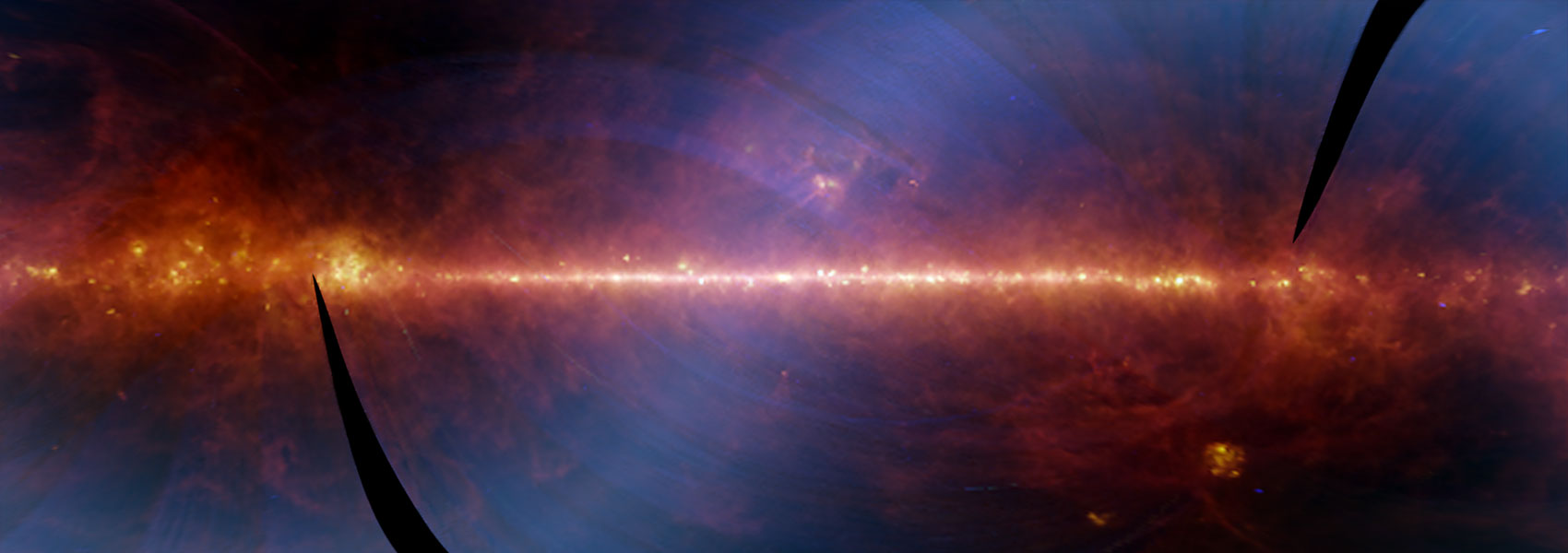The Next Steps of Transiting Exoplanet Spectroscopy: NESSI, FINESSE, and CASE // NESSI is a near-IR (JHK), multi-object spectrograph currently undergoing commissioning on the 200 inch Hale Telescope at Palomar Observatory. NESSI will conduct an initial survey of HST/WFC3-observed transiting exoplanets to expand wavelength coverage into the J and K bands. After the TESS survey in the northern hemisphere, NESSI will follow-up newly-discovered exoplanets to search for atmospheric spectral modulation, indicative of molecular absorption. Such a survey is crucial to help identify targets for high-precision observations with JWST and future spacecrafts, such as FINESSE and ARIEL. The FINESSE mission concept and the proposed CASE Mission of Opportunity, both recently selected by NASA’s Explorer program to proceed to Step 2, would conduct the first characterizations of exoplanet atmospheres for a statistically significant population. FINESSE would determine whether our Solar System is typical or exceptional, the key characteristics of the planet formation mechanism, and what establishes global planetary climate by spectroscopically surveying 500 exoplanets, ranging from terrestrials with extended atmospheres to sub-Neptunes to gas giants. FINESSE’s broad, instantaneous spectral coverage from 0.5-5 microns and capability to survey hundreds of exoplanets would enable follow-up exploration of TESS discoveries and provide a broader context for interpreting detailed JWST observations. Similarly, CASE, a NASA Mission of Opportunity contribution to ESA’s dedicated transiting exoplanet spectroscopy mission ARIEL, would observe 1000 warm transiting gas giants, Neptunes, and super-Earths, using visible to near-IR photometry and spectroscopy. CASE would quantify the occurrence rate of atmospheric aerosols (clouds and hazes) and measure the geometric albedos of the targets in the ARIEL survey. Thus, with the selection of either of these two missions, NASA would ensure access to critical data for the U.S. exoplanet science community.



